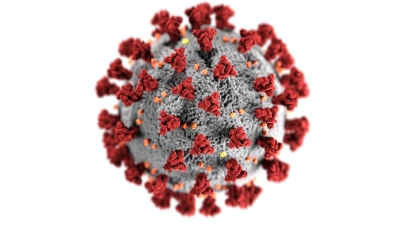New York– As the emergence of new Covid-19 variants from different parts of the world complicate the fight against the pandemic, there appears to be some silver lining now. This is because an expert has found that the different strains of SARS-CoV-2, the virus responsible for the disease, do not appear to be highly variable.
Writing an opinion piece in the magazine ‘Scientific American’, evolutionary microbiologist, Vaughn Cooper, said that the evidence suggest that SARS-CoV-2 variants that have emerged so far share similar combinations of mutations.
This suggests that the fight against Covid-19 might not be as difficult as it was thought at the time when new variants started emerging, triggering fears that the vaccines developed to protect against the disease might not work against some variants.
Some feared that achieving herd immunity against the virus that has disrupted lives and caused deaths of more than 2.7 million people worldwide would be quite hard if more infectious and lethal variants keep emerging.
Studying how SARS-CoV-2 is evolving, Cooper, who is a professor at the University of Pittsburgh School of Medicine in the US, said that it can now be speculated that the virus is beginning to run out of new and major adaptations.
However, he warned that chances of mutations occurring are more when there are more infections. So the fight against Covid-19 needs to focus on curbing new infections.
“It’s also critical that we make significant investments in building an early-warning system to detect new SARS-CoV-2 variants as well as many other emerging pathogens, both known and yet to be discovered,” Cooper wrote in the article published in ‘Scientific American’ last week.
The Union Health Ministry in India last week said that a total of 771 variants of concerns (VOCs) and a new double mutant variant of Covid-19 had been detected in a total of 10,787 positive samples shared by the states and union territories.
It now appears that a mutation in the double mutant variant seems to be similar to a mutation found in the B.1.351 (South Africa) and P.1 (Brazil) variants, the BBC reported citing Jeremy Kamil, a virologist at Louisiana State University Health Sciences Center Shreveport in the US. (IANS)


